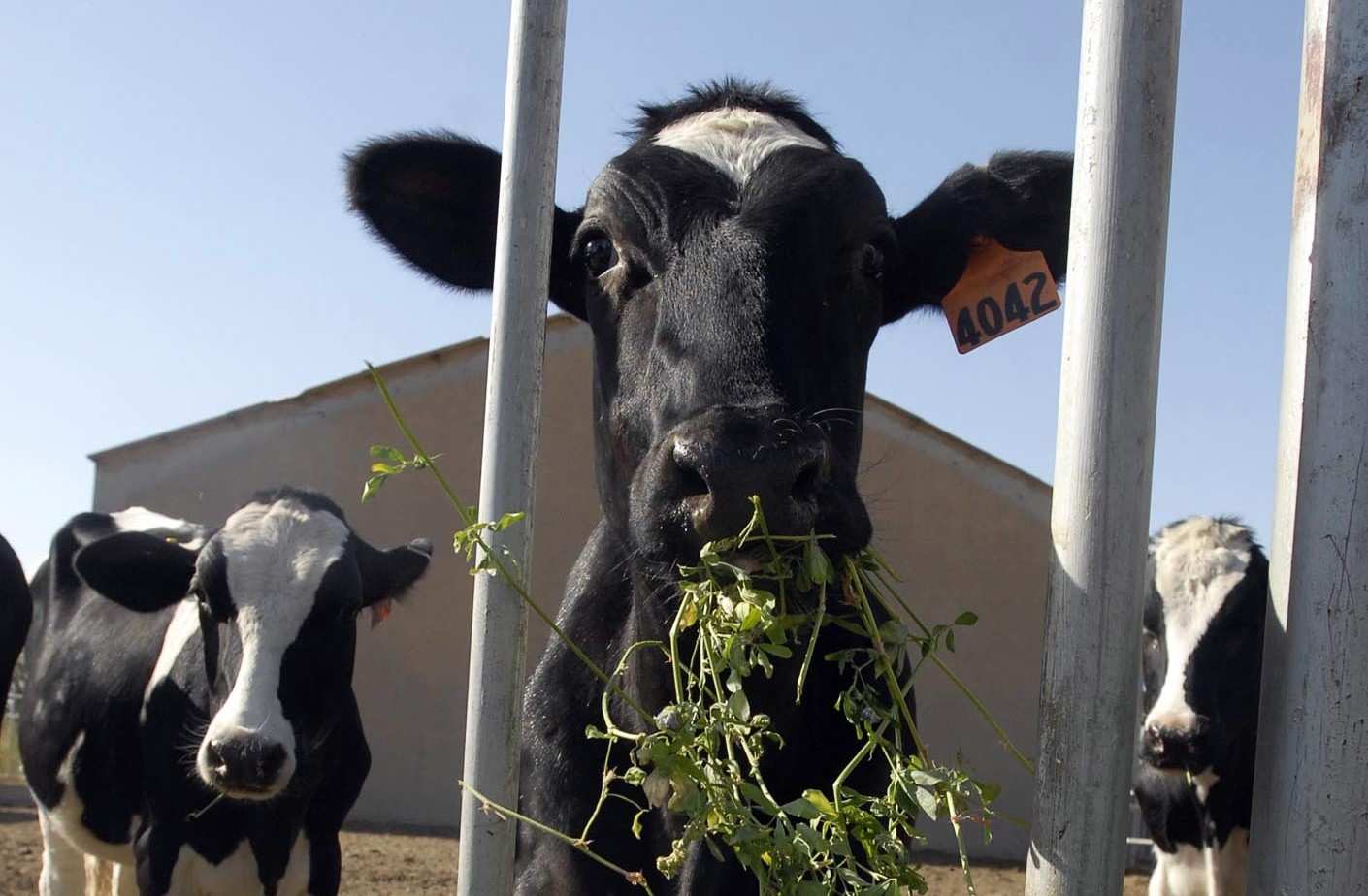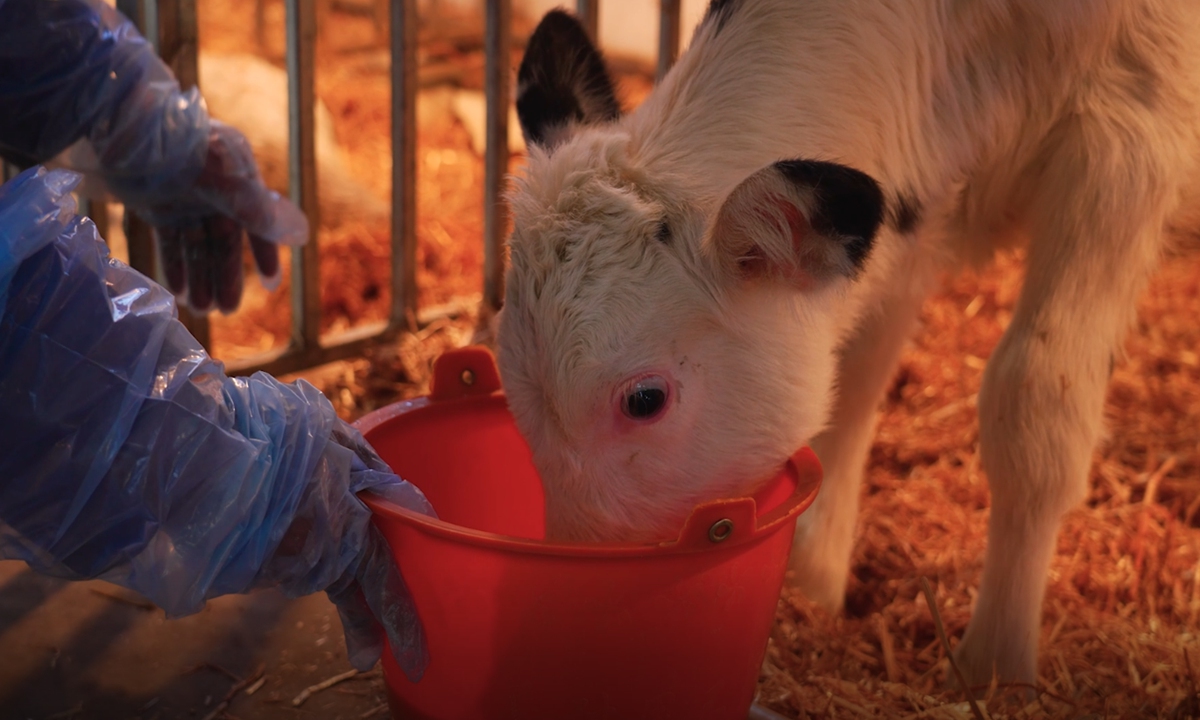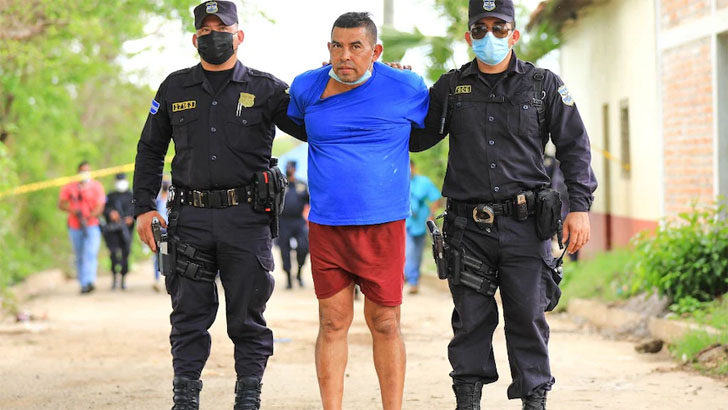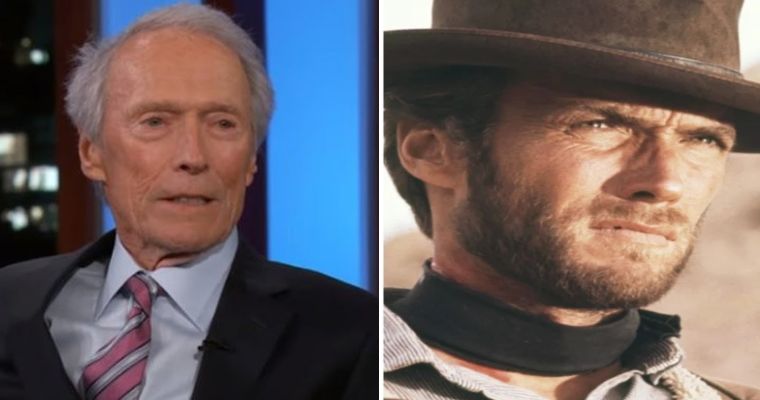China has claimed to have successfully cloned three “super cows” that are larger and produce more milk than common cows.

One of the 11 dairy cows purchased by 4th Stryker Brigade Combat Team, 2nd Infantry Division, stares at passersby while it munches on locally grown alfalfa hay. (DVIDS)
Lead scientist Jin Yaping told Chinese outlet Global Times that the plan now is to concentrate cloned super cows into a herd that can help break China’s reliance on cattle imported from other countries.
“We plan to take two to three years to build up a herd comprised of over 1,000 super cows, as a solid foundation to tackle China’s reliance on overseas dairy cows and the issue of the risk of being ‘choked,’” Jin said.
The cows were clones of existing “super cows” from farms across China, which are capable of producing 18 tons of milk a year and more than 100 tons of milk in a lifetime, Global Times reported. Three of the cows would produce more than 300 tons of milk over their lifetimes.
In the U.S., the average cow produces less than 12 tons of milk per year, according to the Department of Agriculture.

One of the three calves weighed about 125 pounds, Global Times reported, which is well above the average calf weight of around 82 pounds, according to Petkeen.com.
The cows were cloned from super cow ear tissue and represented the first successful Chinese attempt to reproduce the cows using the somatic cell nuclear transfer method, the same famously used to clone Dolly the sheep.
According to Global Times, China has roughly 6.6 million Holstein Friesian cattle, a widespread breed known as the most productive dairy animals in the world. But 70 percent of the country’s dairy cows are imported from overseas, and supply isn’t always equal to China’s demand, according to a press release cited by Global Times.
Last summer, a Chinese agricultural academy announced the creation of a new breed of beef cattle called “Huaxi” cattle, as reported by China Daily. China also gets 70 percent of its beef cattle from overseas, an academy official said, adding that he hoped Huaxi cattle could help reduce that number.
Source: americanmilitarynews.com








